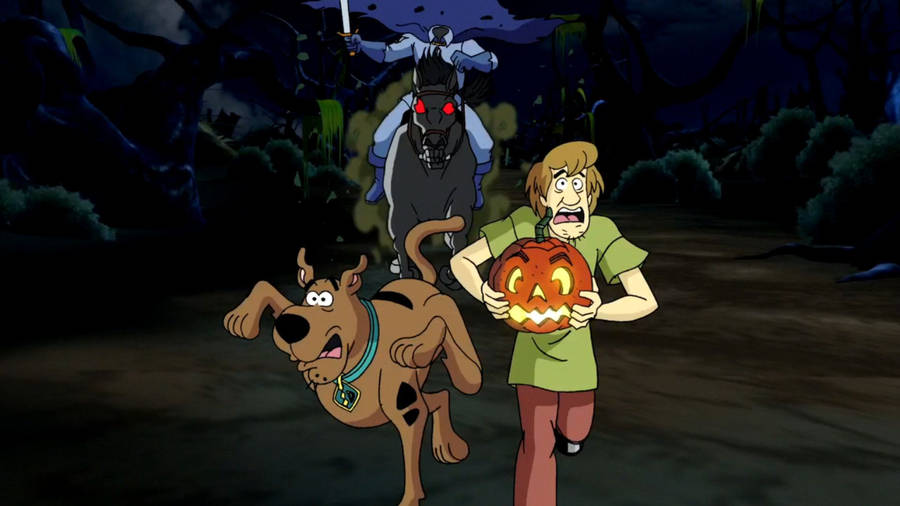Life is messy. People are weird. But that’s what makes them memorable.
When writing fiction, it can be tempting to focus on the big stuff, like the plot twists, the lore, the action, and the drama. But sometimes, what sticks with readers the most is the little stuff. A nervous hand twitch. A favorite phrase. A stubborn refusal to sit with their back to the door. These kinds of details are what bring a character to life.
We call them quirks, and they’re more than just random traits to make a character seem “different.” Quirks are windows into a character’s past, their fears, their habits, and even their trauma. They add depth, charm, and believability to a cast. So today, I want to talk about the power of quirks in storytelling and how to use them effectively.
Definition of Quirk:
quirk /ˈkwɚk/ (noun)
plural quirks
Britannica Dictionary definition of QUIRK:
1: an unusual habit or way of behaving
Everyone has their little quirks.
What Counts as a Quirk?
When I say “quirk,” I mean anything that makes a character stand out as uniquely themselves. It could be a physical habit, a speech pattern, a mindset, or even a seemingly odd belief. Some are obvious. Others are subtle. But when done well, they leave a lasting impression.
Here are some random examples of what I mean, but not limited to these:
- Speech quirks: stutters, accents, catchphrases, overly formal or overly casual speech, repeated phrases.
- Body language: eye twitching, hair twirling, knuckle cracking, hands that always need to be doing something.
- Habits: chewing on pens, arranging food by color, nail-biting, checking doors three times before leaving.
- Mental or emotional ticks: always looking for exits, avoiding mirrors, freezing when called by their full name, covering their head when hearing thunder.
These small, consistent behaviors help define your character without having to tell the reader everything outright. They show instead of tell. They make your character feel like a person.
My Personal Example: Writing a Stutter as a Form of Growth

In the fantasy novel I’m currently writing, my main character has a stutter. Not because I thought it would be an interesting gimmick but because it made sense for who she is. She experienced intense trauma in her early life. Abandonment, abuse, being cast out by her own family, and being locked away, trapped in solitude. When she finally starts to speak again after years of silence, the words come out shaky and broken.
Her stutter reflects her internal battle. It evolves as she does. In moments of peace or connection, she speaks more clearly. When she’s triggered or overwhelmed, the stutter returns in full force. It’s not something she simply “gets over.” It changes with her growth, her confidence, and the environment around her.
This quirk has become one of the most powerful tools I have for showing her progress without needing long-winded explanations. I hope that readers will sense her evolution through her speech. It’s not the only growth I plan to show for her, however. Using the speech quirk as a subtle tool for her evolution also helps, and, in my opinion, it will help readers feel more connected to my character as the story continues to develop.
Subtle Traits Can Leave Big Impressions
Not every quirk needs to be loud or dramatic. Some of the best ones are so small you might miss them if you blink. But they create rhythm, recognition, and realism.
Do you know anyone who bites their nails as a bad habit? I immediately thought of a few people I know, and I’m sure we all know at least one person who does this. The fact that you can imagine them based on that minor quirk, though, shows how subtle yet powerful they can be in character recognition.
Think of a character who always plays with their necklace when nervous. Or someone who calls everyone “darlin’” not out of charm but because they can’t remember names. Maybe a warrior who sharpens their blade before bed like a ritual, or a healer who hums the same lullaby while working on wounds.
These things don’t have to be plot-relevant. But they make characters feel like someone we know.
When Quirks Influence the Plot
Sometimes, quirks do more than color personality; they can change the story.
Perhaps your detective character has a compulsive habit of checking every drawer in a room, which leads to an unexpected discovery. Maybe your shy character’s tendency to stammer causes them to be dismissed in a crucial moment, ultimately affecting the outcome of a major event. Quirks can be tools for tension, misdirection, or even foreshadowing.

Take Shaggy and Scooby-Doo, for example. One of their most iconic quirks is how easily frightened they are. This trait defines their personalities and regularly influences how they react to situations. While it often causes them to flee in terror, it also frequently leads to accidental discoveries, such as triggering hidden switches, bumping into the villain in disguise, or setting off traps that help capture the culprit. Their fear isn’t just a silly gag; it’s a consistent character trait that ultimately shapes the story’s outcome.
Don’t be afraid to let the small stuff drive the big stuff.
Final Thoughts: Less is More
Quirks are powerful, but like seasoning, just enough adds flavor, but too much overpowers the whole dish. Not every character needs ten unique behaviors. Focus on one or two that feel true to their story. The goal is authenticity, not a collection of gimmicks.
One important challenge to keep in mind is consistency. The longer your story goes on, the harder it may become to maintain a character’s quirks, especially the smaller, subtler ones. You might forget to include them in certain scenes or chapters as your focus shifts to the bigger picture. This is why it’s important not to overload your characters with too many quirks. A few well-chosen traits are easier to keep track of and more impactful when they show up consistently across the narrative.
Whether it’s a stutter born from trauma or a silly catchphrase shouted in every battle, quirks can ground your characters and make them unforgettable.
So go ahead. Let your characters be weird. Give them habits, hang-ups, and heart.
So, with my spiel out of the way, allow me to ask. Do you have a favorite quirk you’ve written into a character, or maybe one you’ve seen in a book, show, or game that stuck with you? I’d love to hear about it in the comments below!


Leave a Reply